Ethos Green Power Cooperative on The Ethics of Solar Financing
Why Ethos Prioritizes Education and Transparency Above Finance
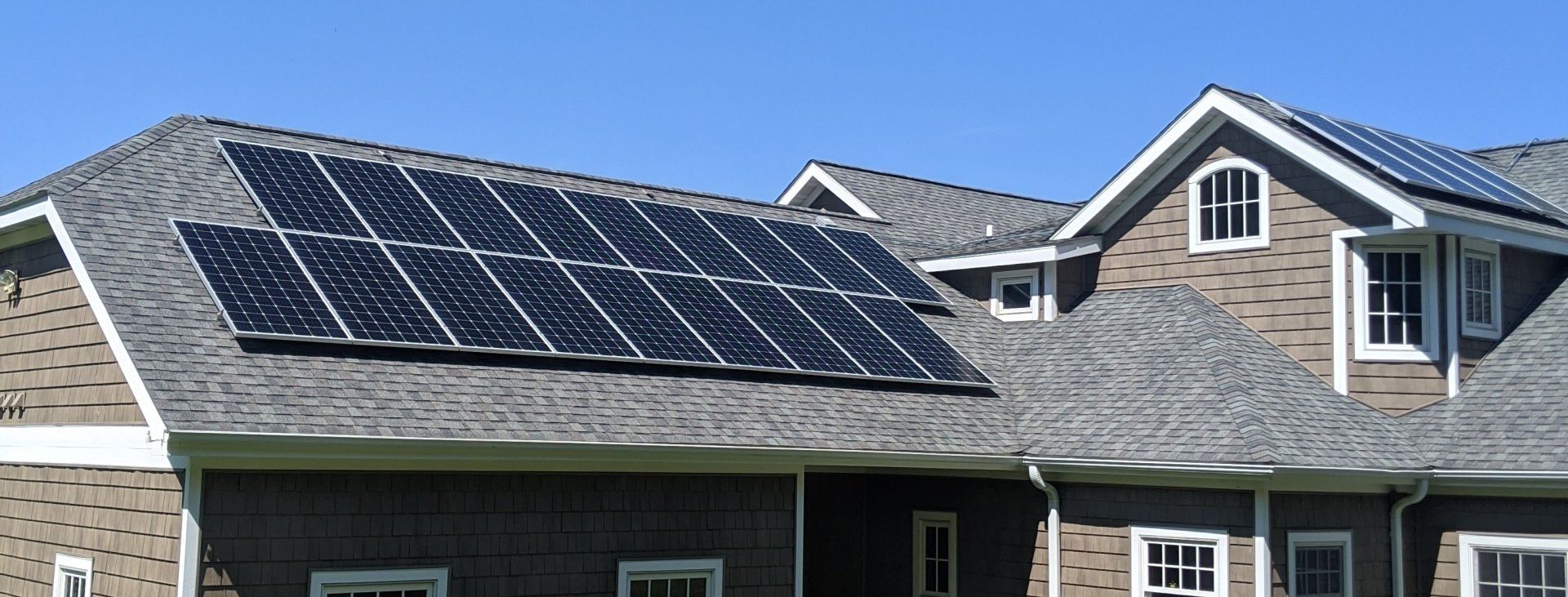
Interview with Isaac Worley ~
Ethos Green Power Cooperative Administration Coordinator
Can you talk about the nature of leasing programs and why Ethos doesn’t offer those?
In WIsconsin, solar leasing is more of a legal or regulatory issue than it is an ethical issue. Let’s say we install solar on somebody's house or a large commercial property or something, and Ethos owns that solar and then leases it to the customer at a monthly payment, it becomes a legal issue because the utility turns around and says, “well now you are the utility competing against us for our same customer, you should also be regulated.” And the utility actually does have legal grounds here in Wisconsin to put pressure on you not to do that.
Does that insulate consumers in Wisconsin from falling victim to some of the predatory practices being talked about in the news?
Well, ultimately the financing companies are still here selling loans. And a lot of those companies continue to use predatory and misleading sales tactics that appear to offer quick solutions. When it comes to financing specifically, it's really easy. You don't need somebody to write you out a check. You just need a signature. A salesperson shows up at a customer's door, has a tablet in hand, and all they need is a signature and someone's locked into this 30 year loan.
I mean there's articles all over on the internet with stories about somebody who got door knocked by a solar rep and suddenly they’re on the hook for an $80,000 system without them really knowing exactly what was happening. And now this person is legally bound to pay this enormous loan, and they still don’t really know what they’re paying for.
The way some of these loans work, it is a requirement that the installer can't share with the customer the dealer fees. They’re under an NDA, right? They can't share that information. So the customer never knows really what the system’s actual cost is, what the sales rep commission is, and then what the dealer fee is. They don't know. They're just signing up for a loan.
And the dealer fee is usually really, really, really high. You might be getting a $30,000 solar system, but it's going to have a $10,000 dealer fee, and then you're also paying interest on it as a loan. So at the end of the day, a system that costs $30,000 if you bought it with cash turns out to be $50-60,000 once it's financed. And it's true that it might pencil out over 30 years. Maybe you're paying $250 on a loan instead of a $300 monthly electric bill, but it’s a lot of upfront expense for a marginal amount of savings.
When interest rates were at 2.9%, it was penciling really, really, really well. There was almost no reason not to sign. But now that interest rates have come up, in order to get close to that 2.9% interest rate, you need to buy down the interest on the loan. And they do that by increasing the dealer fees. So you end up with more and more and more expensive systems in the long run. So just the fact that they don’t disclose any of that information, in my mind, is kind of the biggest part of the predatory experience.
It sounds like some companies are more in the business of selling loans than installing solar. In your own words, how is Ethos different from these solar finance companies?
I think the biggest is obviously we're looking out for our customers. I mean, there are some decent financing programs out there and we realize that affordability is an issue and so we try to work with local banks. WCCU offers the solar “LEG Up Loan”. It may not be as flexible as some of these larger financing firms, but they also are offering 0% interest loans with no dealer fees. So we feel that's a value to customers instead of some of these big financing firms.
But financing is not our singular focus. I mean, we sell on education. The customer knows the ins and outs of their system before they buy. Ethos leads with education.
So when you're coming into our world, it really boils down to making sure you understand the product and that when you sign the dotted line and cut us a check, your system is going to perform at the level that you have come to learn and expect from it. You know how it works.
You get to talk to your neighbors about how it works. You get to talk to your family about how it works, the ins and outs of it, and you become, like, your own solar expert in a way.
Our slogan is, “We know solar.” It's not just that Ethos knows solar, but every customer that we work with comes to know solar. So I think that's really the biggest difference.
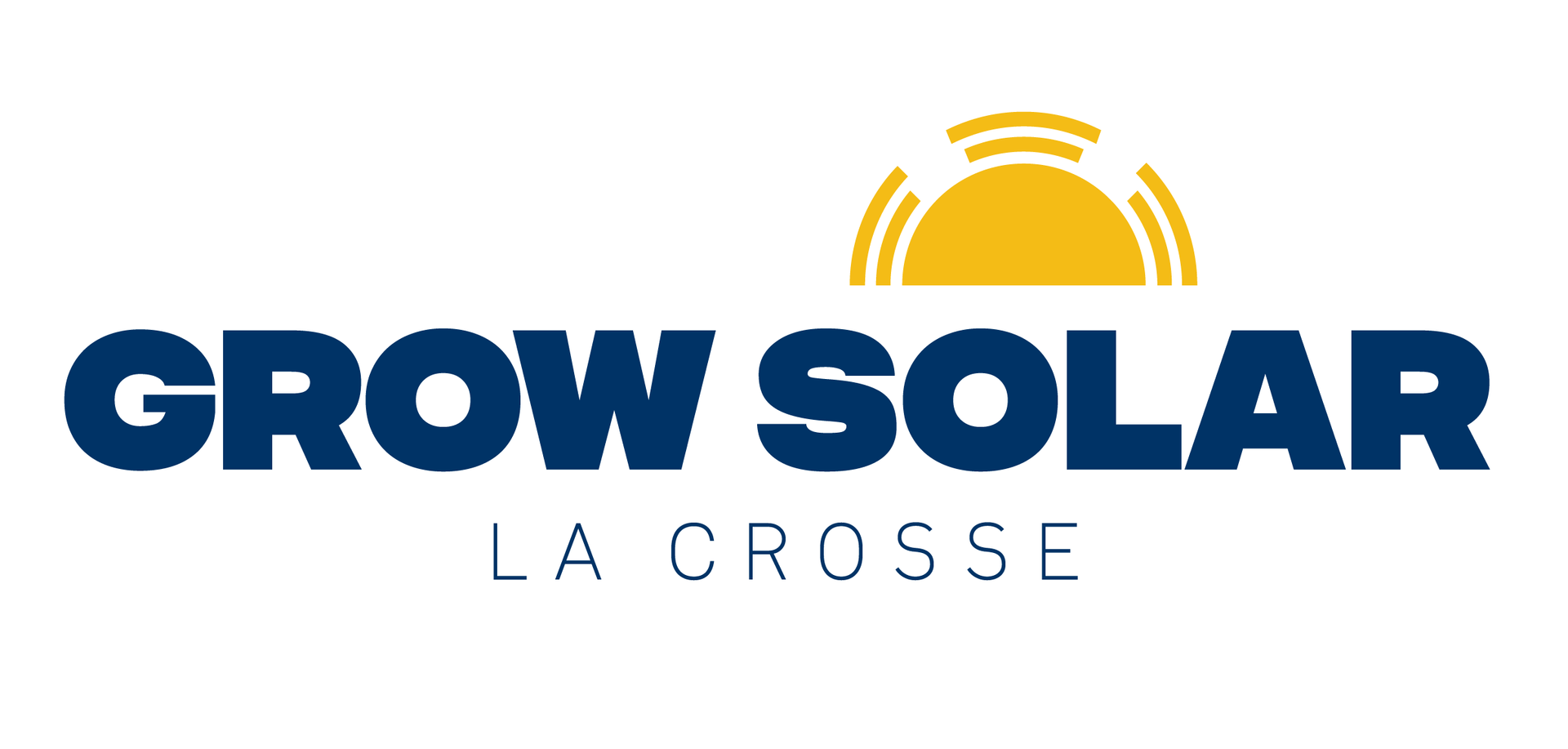


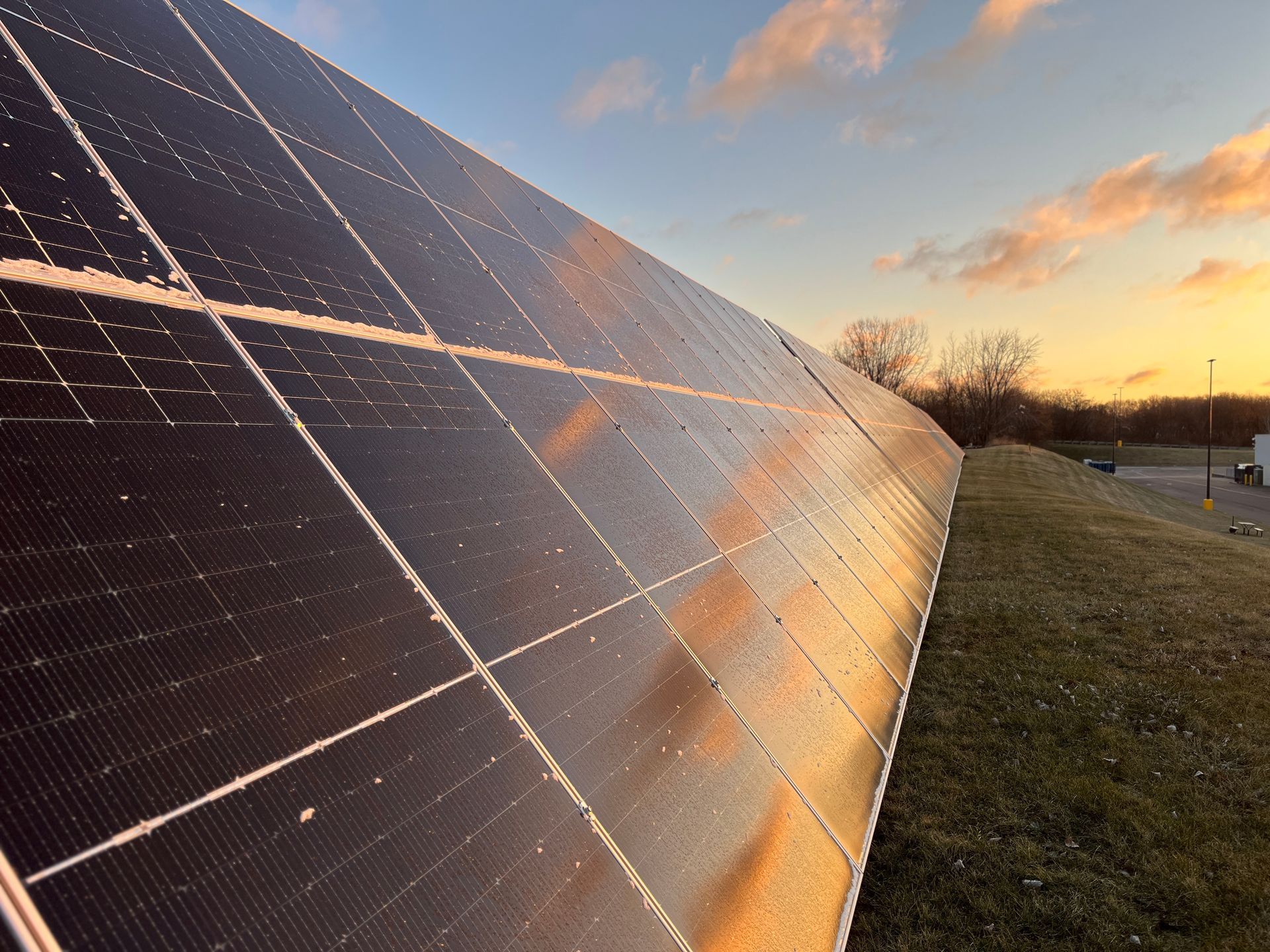
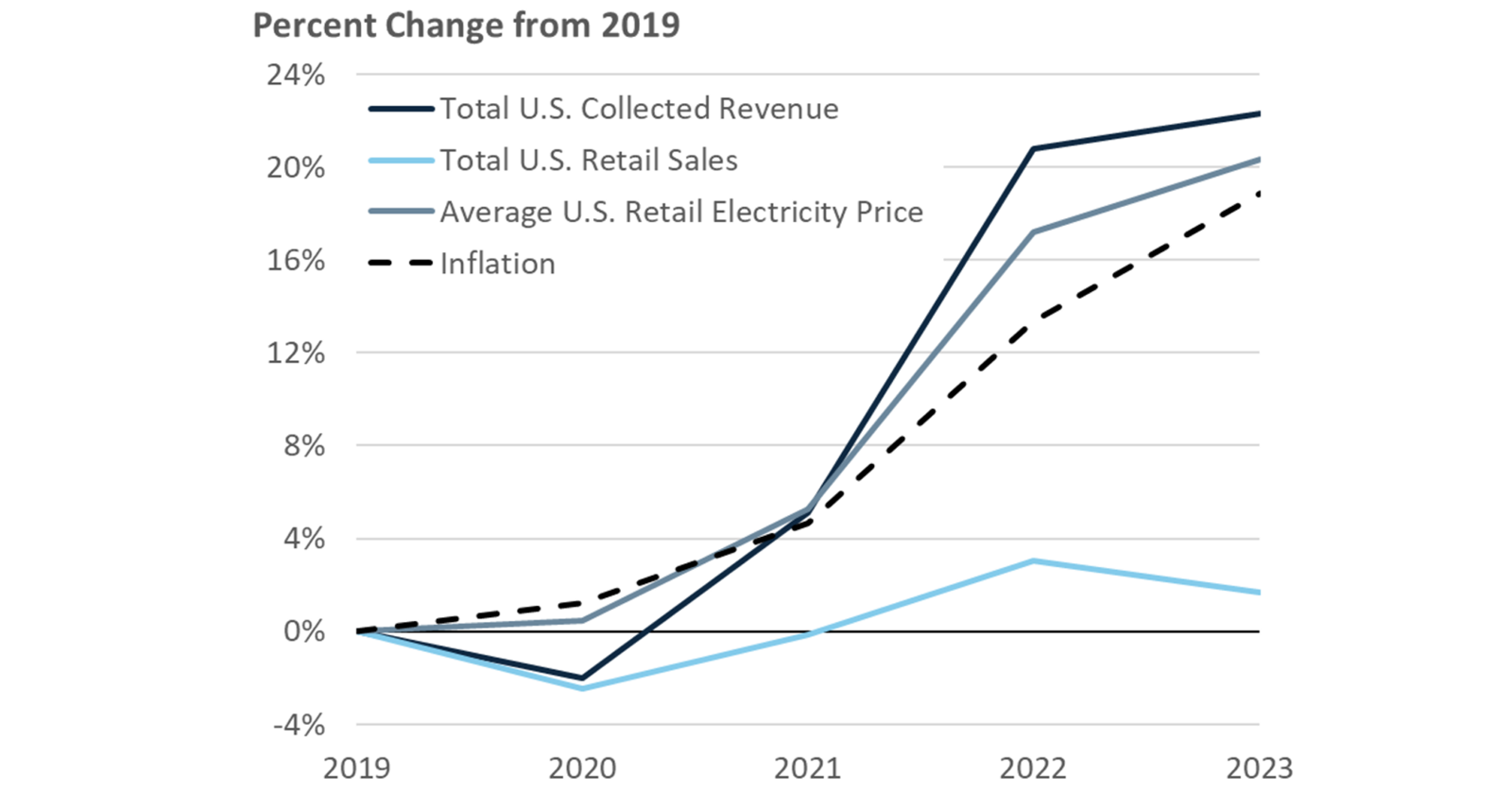
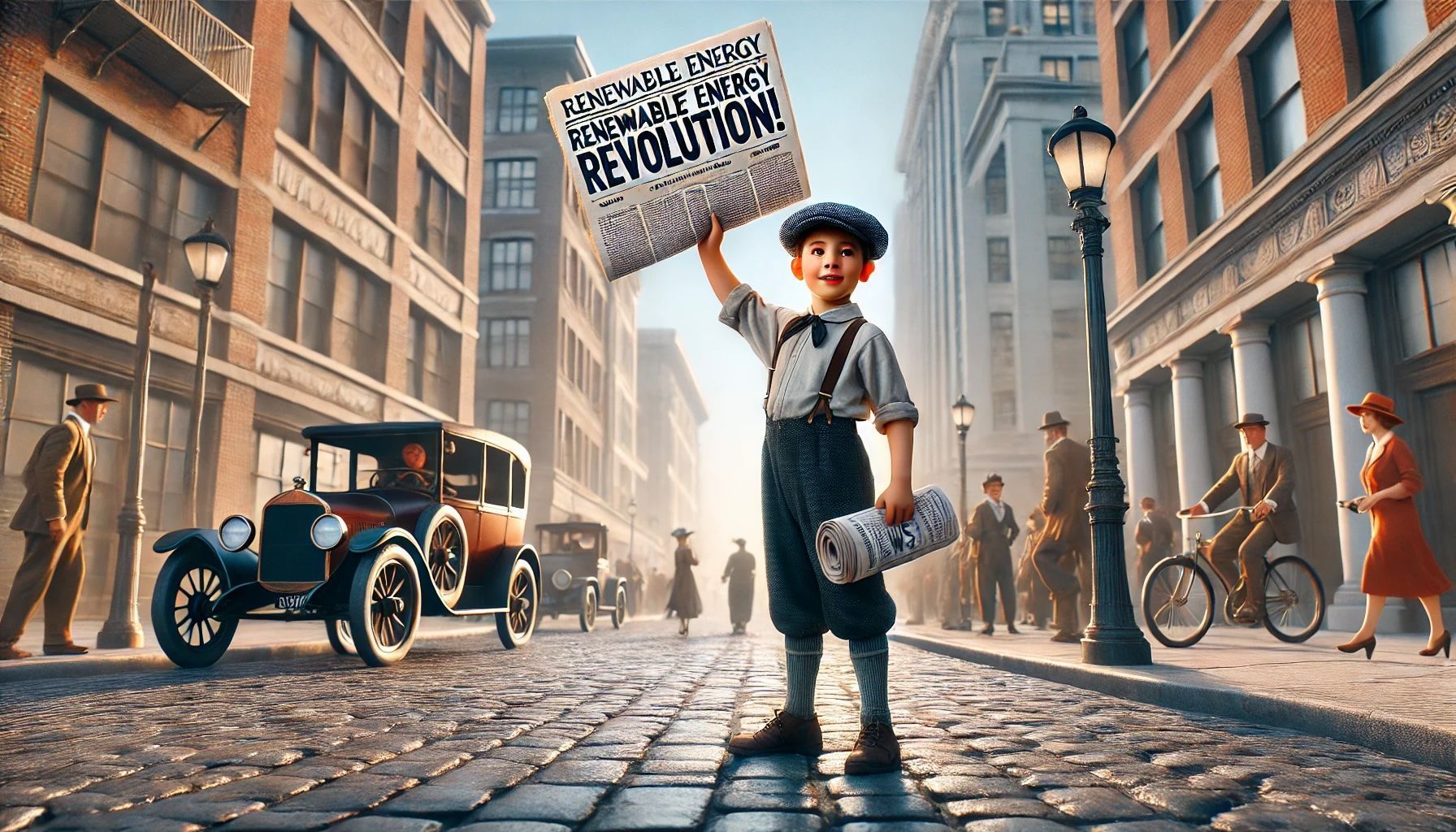


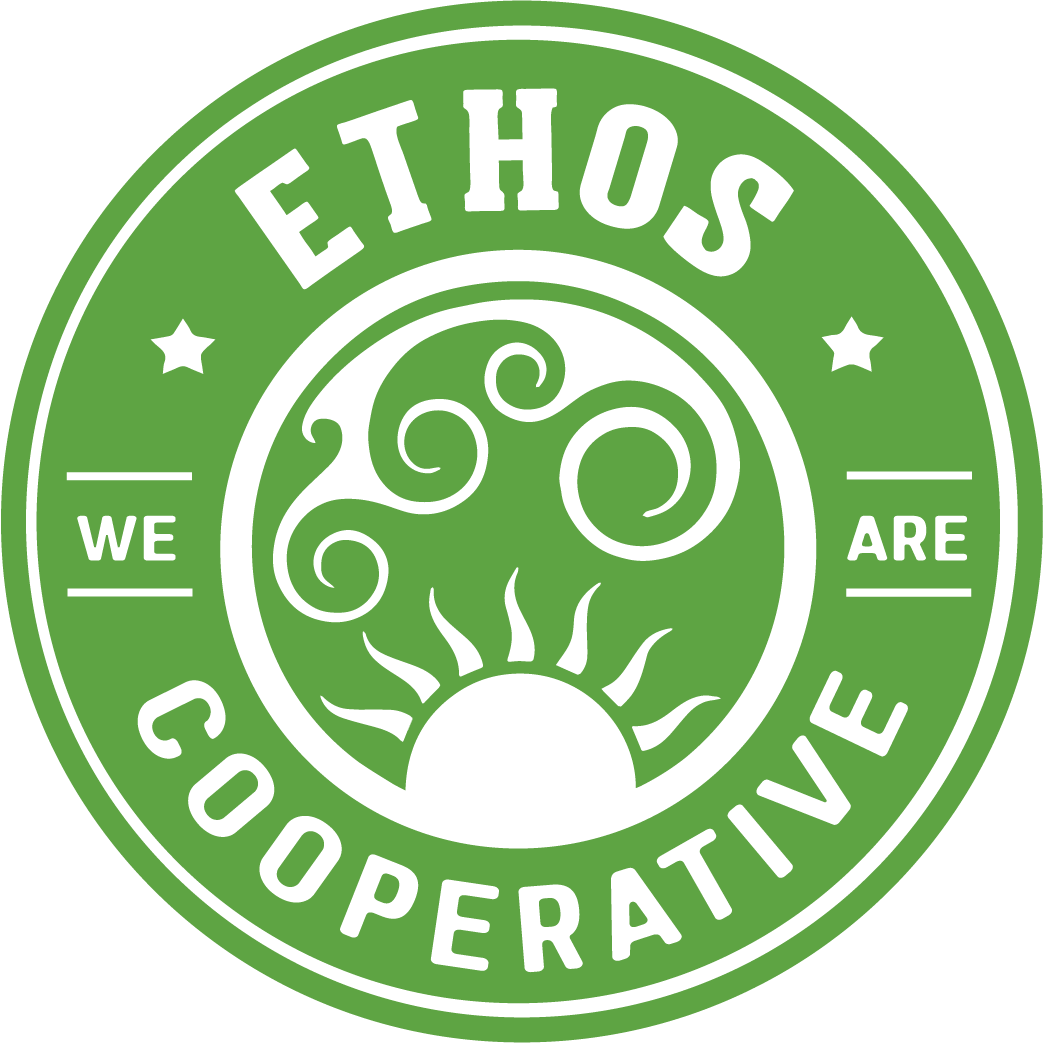
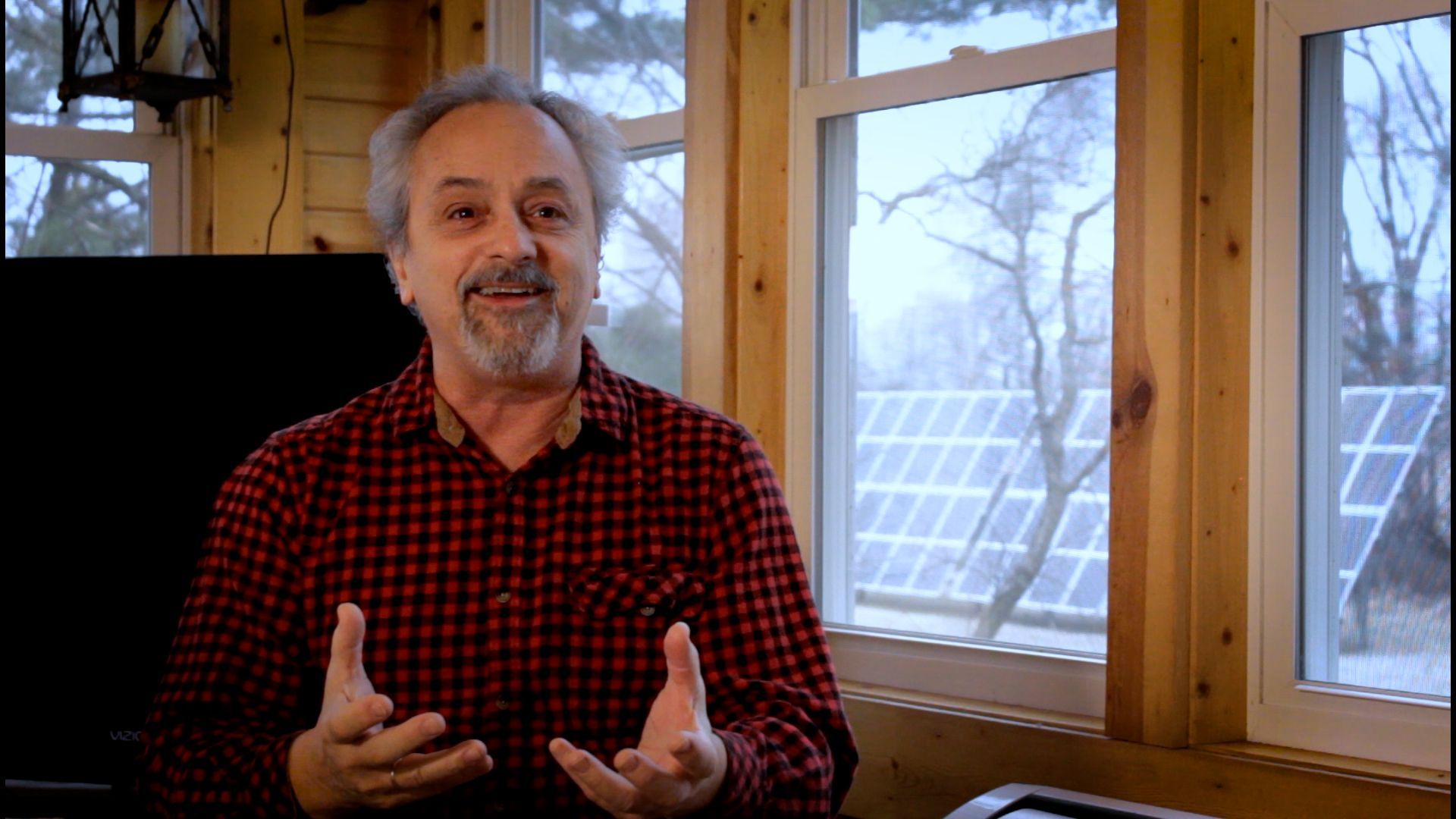

Share On: